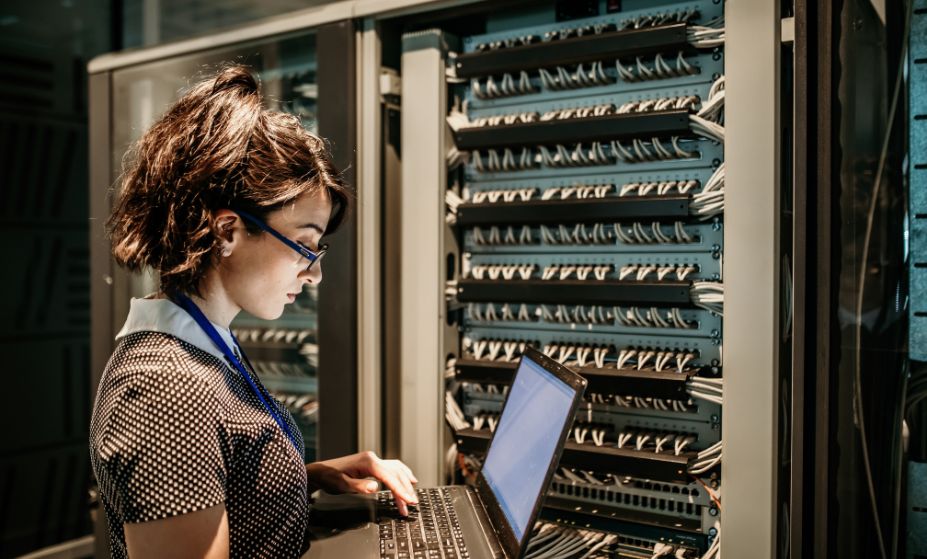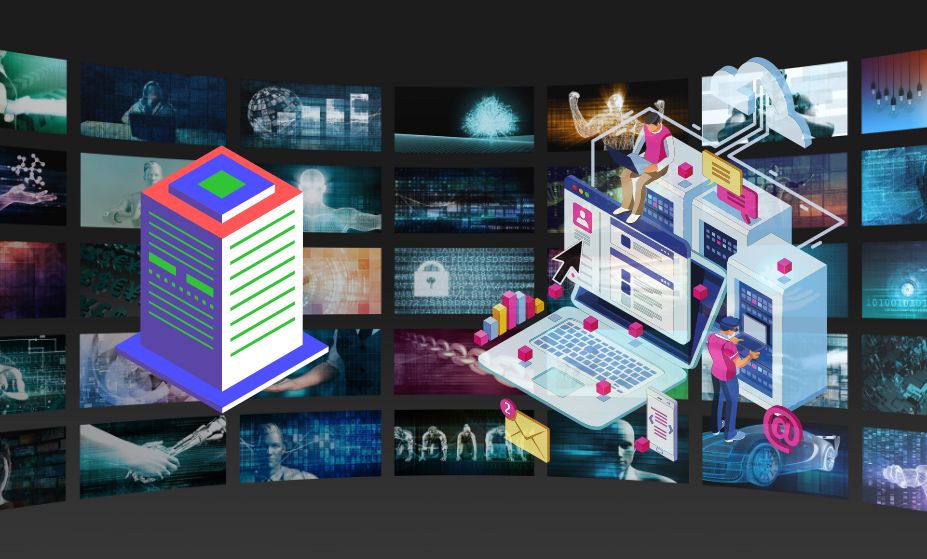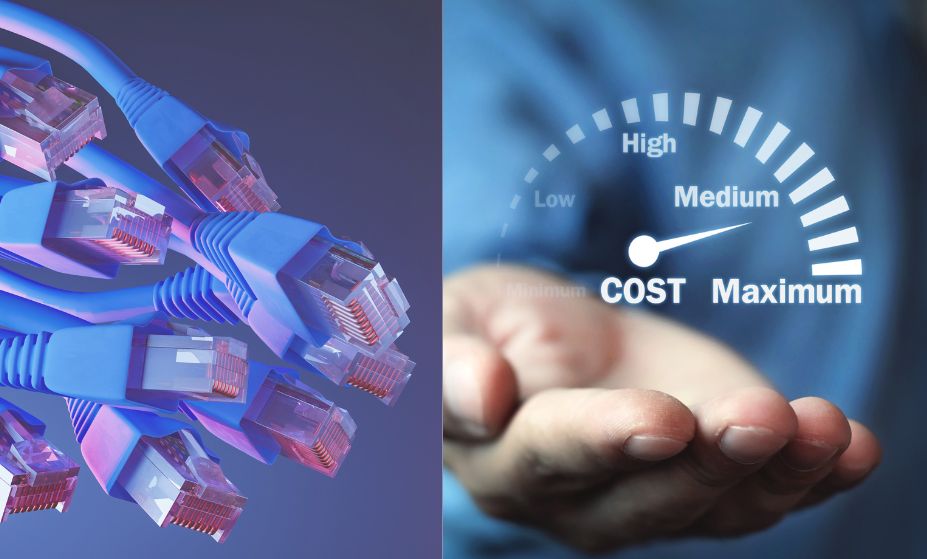If you’re running a business, one of the most important choices you’ll make is what kind of computer to buy. With so many options out there, it can be hard to figure out which product will work best for your company. In this article, we go over the pros and cons of using a desktop vs. a server and then offer some recommendations on which might be right for you.
What are the benefits of a server?
A server is a computer that is designed to handle requests from other computers. Servers typically have more powerful processors, more memory, and more storage than desktop computers. They are also often connected to a network of other servers.
There are several benefits of using a server instead of a desktop computer:
- Servers can handle more traffic than desktop computers. This is because they have more powerful processors and more memory.
- Servers can be used to share data and applications with multiple users. This is because they are often connected to a network of other servers.
- Servers can be used to store data securely. This is because they have more storage than desktop computers.
- Servers can be used to run mission-critical applications. This is because they are often connected to a network of other servers which provides redundancy in case one server fails.
Why would you choose to use a server instead of a desktop?
If you’re running a business or even a large home, you need to have a server. Here’s why:
- Servers are designed to be up and running all the time. They’re built for reliability and can usually handle more traffic than a desktop.
- Servers can be located anywhere in the world, so you can have your data close to your users, or closer to where it’s physically stored.
- Servers usually have better performance than desktops. This is because they often have faster processors and more memory.
- Servers come with enterprise-grade security features that are important for businesses, like data encryption and user authentication.
- Servers can be easily scaled up as your needs grow. You can add more storage, memory, and processing power as needed without having to replace the entire system.
How does a server work?
A server is a computer that is designed to process requests and deliver data to other computers on a network. Servers are often dedicated, meaning that they perform no other tasks besides their server duties, but this is not always the case. A server can be a physical machine or a virtual one, and it can be located in a data center or on-premises.
When you connect to a website, you are sending a request to the server that hosts the site. The server then fetches the requested information and sends it back to you. This process happens quickly, and you usually don’t even notice it happening. However, if there is an issue with the server, such as high traffic or an attack, the process can slow down or stop entirely.
Servers are powerful computers that are essential for hosting websites and applications. Without servers, we would not be able to browse the internet or use many of the online services that we rely on. If you are looking to set up your own website or application, you will need to use a server.
What is the best type of server for your needs?
Nowadays, servers are more powerful, efficient, and scalable than ever before. So, when it comes to choosing a server for your needs, there are a few things you need to take into account. Here are the different types of servers available on the market:
- Shared web hosting: Shared web hosting is the most popular type of server. It’s perfect for small businesses and individuals who need an affordable and reliable server.
- Dedicated web hosting: Dedicated web hosting is ideal for businesses that require a lot of power and resources. With dedicated servers, you’ll get more control over your server and your website will perform better.
- Virtual private server (VPS): A VPS is perfect for businesses that need their own server but doesn’t want to invest in a dedicated server. With a VPS, you’ll get your own virtual machine with its own operating system and resources.
- Cloud hosting: Cloud hosting is perfect for businesses that need flexibility and scalability. With cloud hosting, you can easily scale up or down as needed without having to worry about hardware limitations.
Conclusion
There are many reasons why you might want to use a server instead of a desktop. Servers tend to be more reliable and offer more storage than desktops, making them ideal for businesses or other organizations that need to store large amounts of data. They also tend to be more expensive than desktops, so if you’re not planning on storing a lot of data or don’t need the extra reliability, a desktop might be a better option for you.



